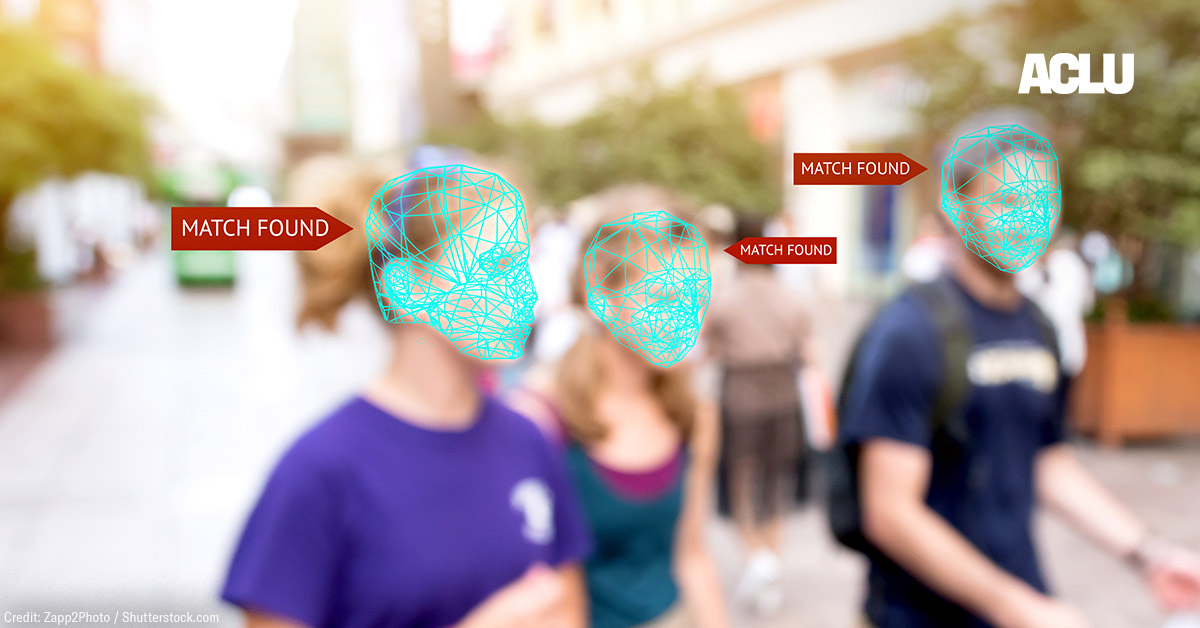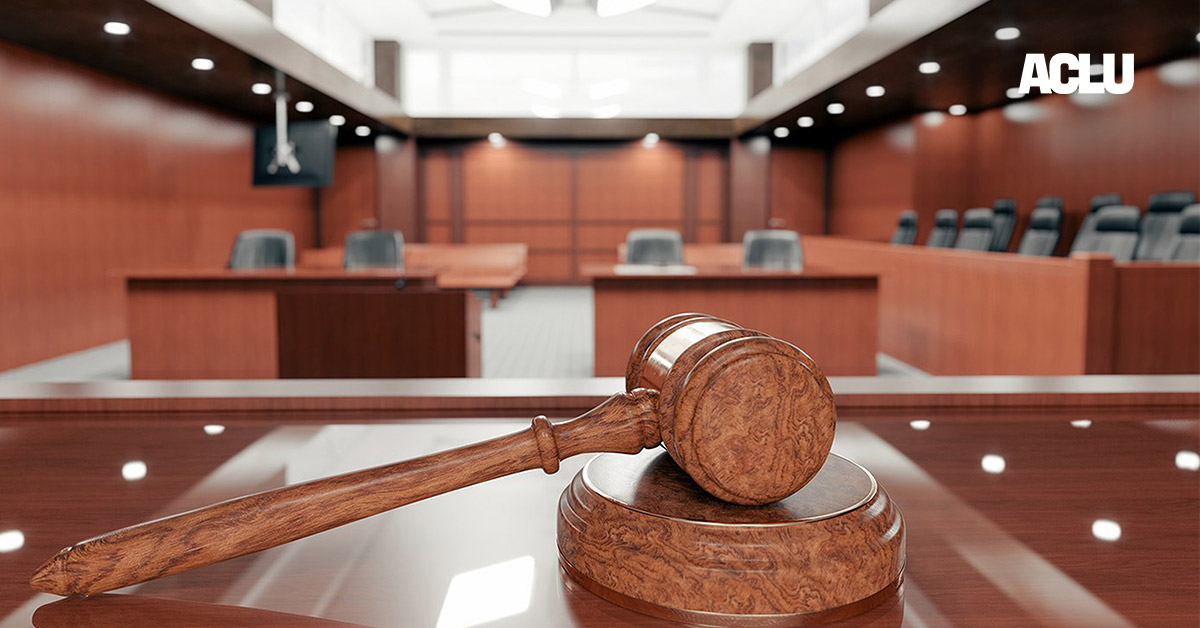Last Friday, the Trump administration announced an alarming new proposal that would strip away critical protections against discrimination in grants funded by the Department of Health and Human Services.
Initially, we thought this proposal would serve to fulfill Trump’s promise to give taxpayer-funded child welfare agencies a license to discriminate. This proposal does that —and so much more.
Trump proposes to eliminate existing regulations that prohibit discrimination in HHS grant-funded programs based on sex, sexual orientation, gender identity, or religion, inviting discrimination against recipients of critical services. Here are just a few examples of the discrimination this rule would allow:
- Meals on Wheels and other HHS-funded community meal programs designed to support older adults could refuse to deliver food to older Americans who are Jewish, Muslim, or LGBTQ.
- Federally funded foster care agencies could refuse to place children with families because of their faith or sexual orientation, regardless of the children’s needs.
- Head Start grant recipients and other federally funded child care facilities could refuse to serve children with married same-sex parents or whose parents are of a minority faith. They could also refuse to provide services to transgender youth.
You read all of that right.
Yet no one should be surprised that the Trump administration is proposing such a sweeping change that will allow discrimination in a wide variety of federal programs that play a critical – even life-saving – role in the lives of millions of Americans.
So far this year, the Trump administration has moved to roll back fair housing protections that not only aim to address housing segregation, but also help survivors of domestic violence. Trump’s Labor Department wants to give federal contractors a license to discriminate against employees. Immigrants who have a disability, as well as those who may be eligible for public assistance due to their age or income, have also been the subject of attack by the Trump administration. One of the Trump administration’s first actions in 2017 was to roll back protections for transgender students and this year, it told college campuses to create a double standard that treats discrimination on the basis of sex different from discrimination on the basis of race.
This isn’t even the first proposal from HHS. The Department has proposed to eliminate protections from discrimination in health care that have been crucial to transgender people, women and many others. It is also working to allow hospitals, clinics and doctors’ offices to be able to refuse care based on the provider’s religious beliefs.
Just one month ago, the Trump administration stood before the Supreme Court and said that firing someone for being LGBTQ should be perfectly legal as well.
What gives me hope is that ACLU supporters are fighting back. Supporters have taken more than 130,000 actions to stop federal agencies from enacting Trump’s previous attempts to open the door to discrimination and will soon have the chance to comment directly on the latest discriminatory proposal.
The comment period for this proposal to allow discrimination through HHS will be open for 30 days once the rule is published in the Federal Register, which could be any day.
Whether Trump is trying to rollback long-standing nondiscrimination protections, permit discrimination in the name of religion, or allow taxpayer-funded discrimination like Friday’s proposal, the ACLU will continue to fight back.
Louise Melling, Deputy Legal Director and Director of Center for Liberty, ACLU
Date
Tuesday, November 5, 2019 - 12:45pmFeatured image





